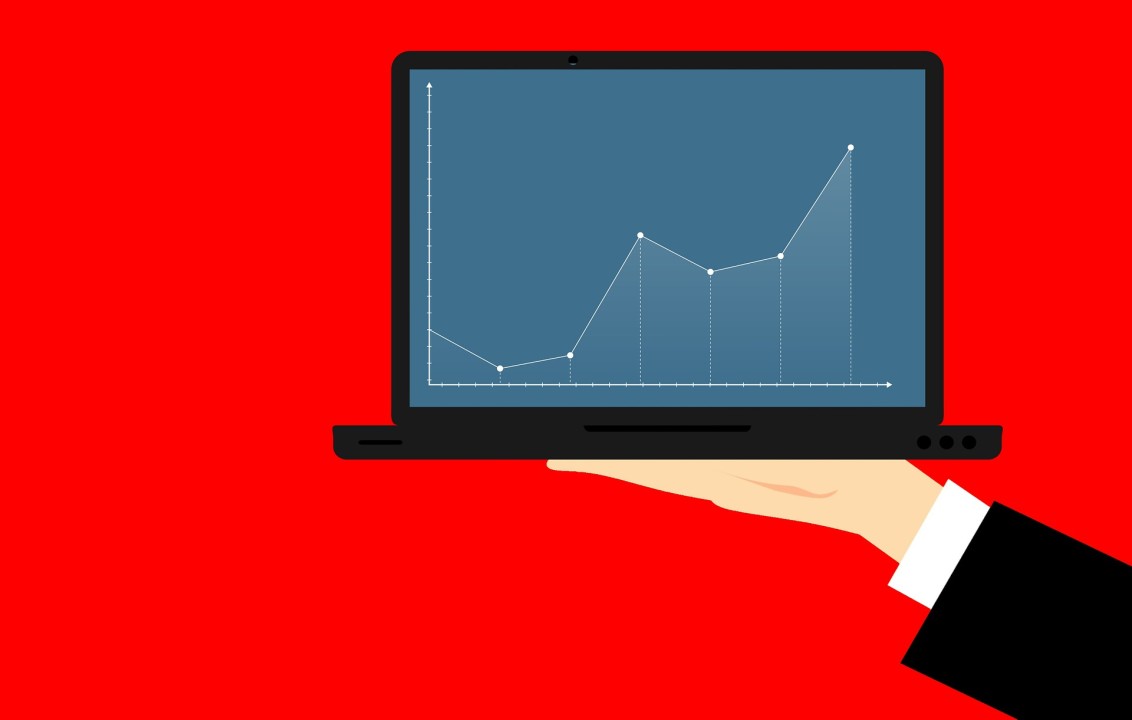When economic models fail to predict real outcomes, several things can occur :
1. Increased Uncertainty:
Economic models are designed to simplify complex realities. When they fail to predict real-world outcomes, it often increases uncertainty. Policymakers, businesses, and individuals may struggle to make informed decisions, as they rely on models to anticipate trends such as inflation, unemployment, or GDP growth. The failure of models can lead to unexpected outcomes, like financial crises or economic stagnation, causing ripple effects across various sectors.
2. Loss of Confidence in Forecasts:
If an economic model consistently fails to predict actual outcomes, confidence in that model (and possibly the broader field of economics) can be eroded. This may lead to skepticism toward using quantitative models for policy decisions, and people may seek alternative approaches, such as more qualitative or adaptive methods.
3. Policy Missteps :
Governments often rely on economic models to guide fiscal and monetary policy decisions. If these models are flawed or fail to account for certain variables, policies based on them may be ineffective or even counterproductive. For example, a model predicting stable inflation might prompt a central bank to keep interest rates too low, leading to asset bubbles or other distortions.
4. Over reliance on Assumptions:
Many economic models are based on simplifying assumptions, such as rational behavior, perfect competition, or stable economic relationships. When real-world conditions deviate from these assumptions (e.g., due to behavioral biases or market distortions), the model’s predictions may be off-track. The failure often highlights the limitations of overly simplistic assumptions.
5. Emergence of Unforeseen Variables:
Economic models often fail to incorporate all relevant variables, especially new or emerging factors that can drive outcomes (e.g., technological disruption, geopolitical shifts, or pandemics). When these factors are not adequately accounted for, the predictions become inaccurate. This emphasizes the complexity of economic systems and the challenge of modeling them comprehensively.
6. Adaptive Learning:
While failures can be disappointing, they can also prompt revisions and improvements to economic theory. A failed prediction can serve as an important lesson, pushing economists to adjust their models, incorporate more data, and refine their assumptions. This adaptive learning process can result in better models over time.
7. Impact on Financial Markets:7.
Financial markets are particularly sensitive to economic forecasts. When models fail to predict key events like a market crash, a recession, or a sudden boom, it can lead to erratic market behavior. Investors may adjust their strategies based on the realization that predictions can be wrong, leading to volatility.
8. Increased Demand for complexity:
As traditional models fail, there may be a push toward more complex or innovative approaches to forecasting, such as machine learning models or agent-based simulations. These methods can handle more variables and non-linear relationships, but they also come with their own risks and challenges, such as overfitting or lack of interpretability.
9. Calls For Systemic Reforms:
When models fail dramatically (e.g., the 2008 financial crisis), it can spark debates about the need for systemic reforms in the economic system. For instance, people may question the reliability of certain institutions, or demand changes in the way data is collected or analyzed. This can lead to greater emphasis on interdisciplinary approaches, such as incorporating insights from behavioral economics, sociology, or political science.
10. The Role of Human Judgment:
A failure to predict outcomes often underscores the importance of human judgment and experience in economic decision-making. While models are valuable tools, they can’t replace the nuanced understanding of economic dynamics that comes from lived experience and institutional knowledge.

